Homesteading is about being self-sufficient, and that requires a wide range of skills. From growing your own food to managing your resources wisely, mastering these skills can make your homesteading journey successful and fulfilling. Whether you’re just starting out or looking to enhance your self-reliance, here are 17 essential skills every homesteader should learn.
1. Gardening
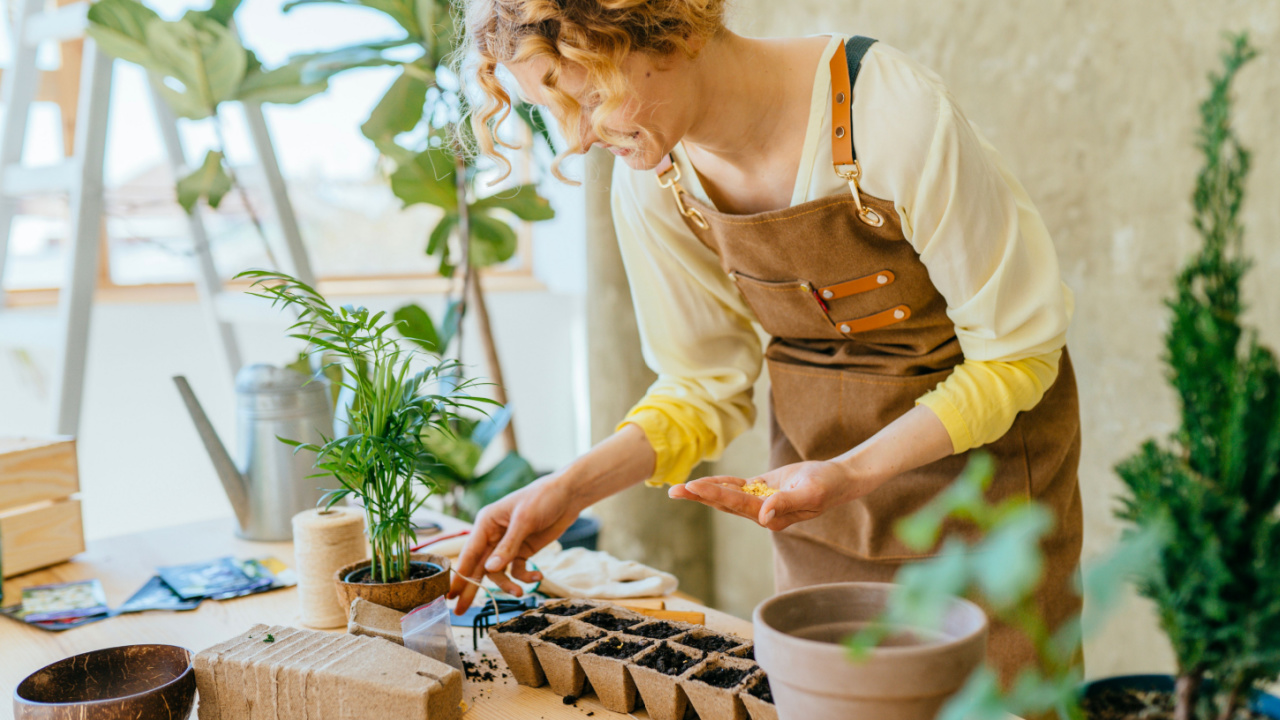
Understanding how to grow your own vegetables and herbs is fundamental. Learn about different planting techniques, soil preparation, and how to deal with pests naturally. This ensures a steady supply of fresh food right from your backyard.
2. Animal Husbandry
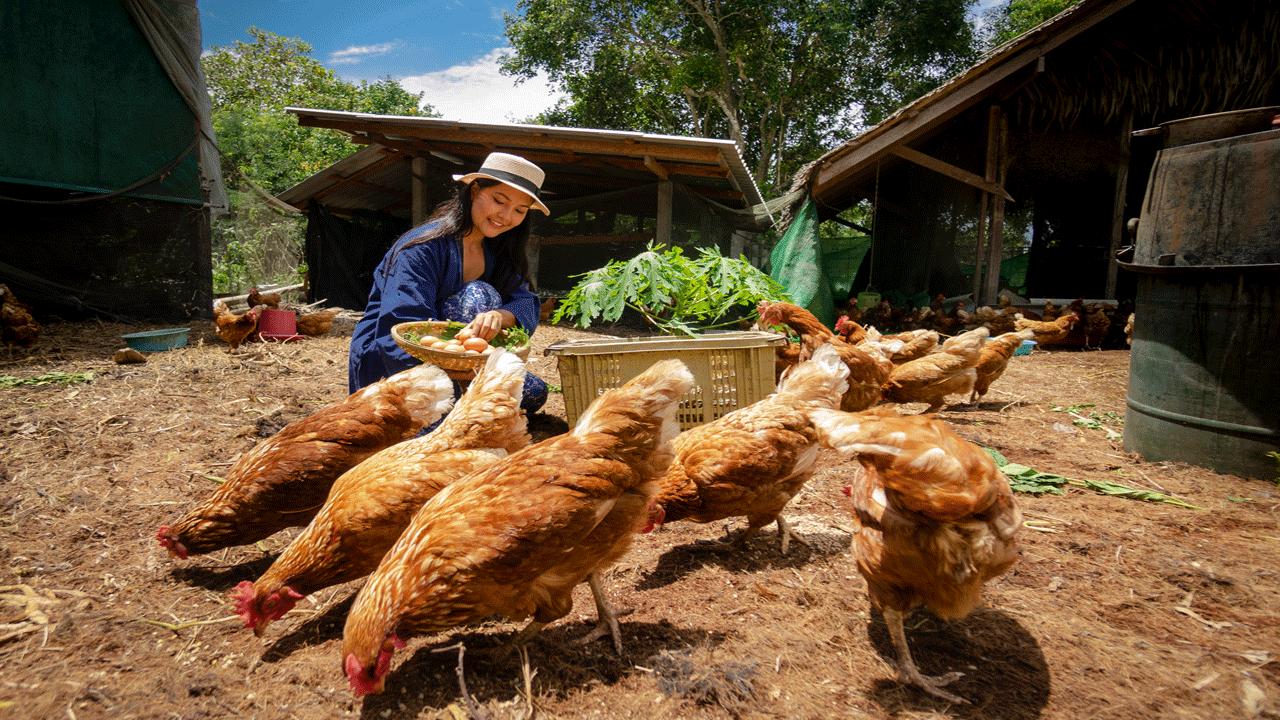
Raising animals is a big part of homesteading. Whether it’s chickens, goats, or cows, knowing how to care for them, what to feed them, and how to manage their health is crucial for getting quality eggs, milk, and meat.
3. Basic Carpentry

From building chicken coops to repairing fences, basic carpentry skills are invaluable. Knowing how to handle tools and construct simple structures will save you money and increase your homestead’s functionality.
4. Water Harvesting
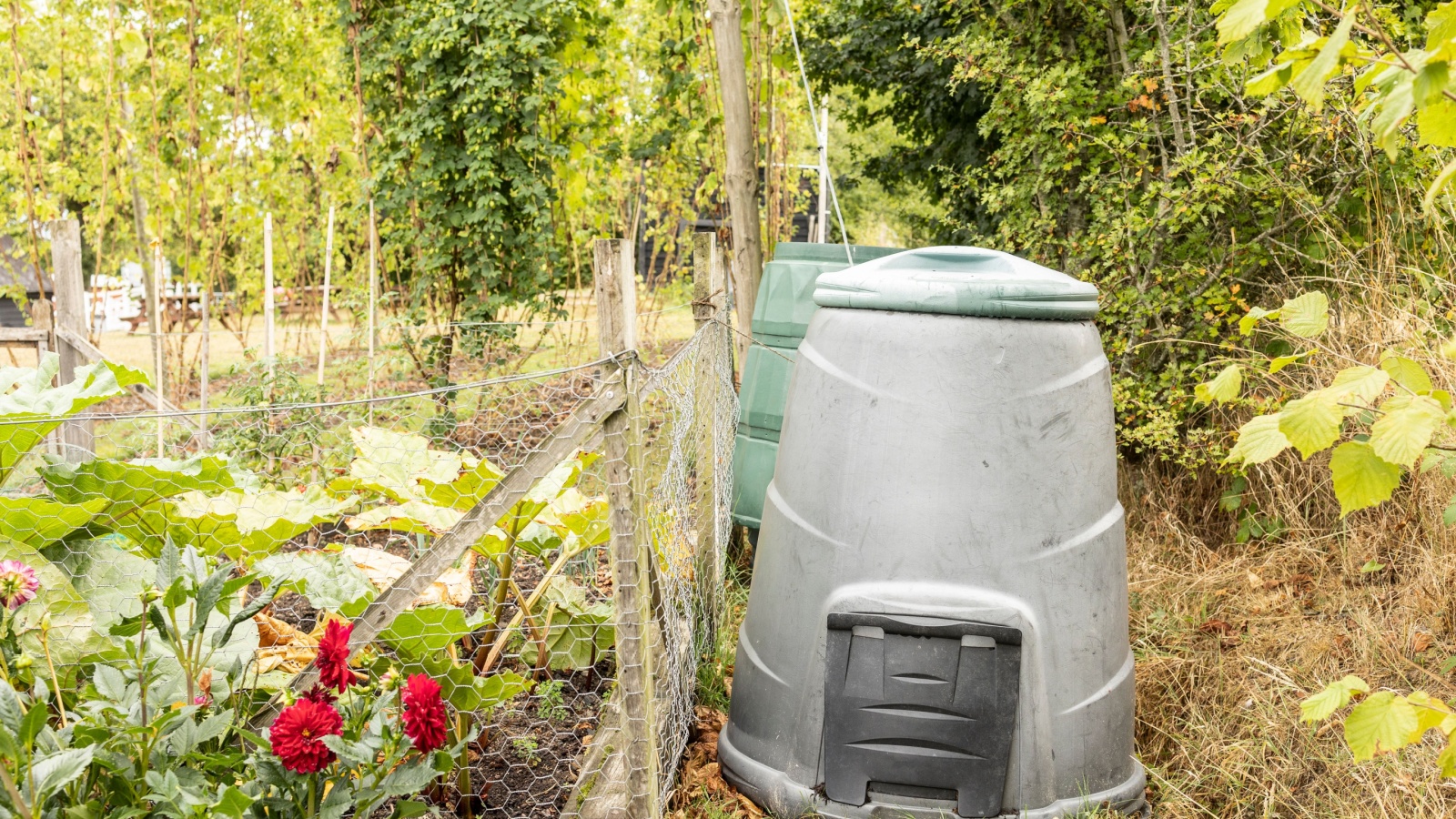
Collecting and storing rainwater can significantly reduce your dependence on external water sources. Mastering this skill helps ensure you always have enough water for your household and garden needs.
5. Sewing and Mending

Being able to sew and mend clothes and other textiles is a great way to extend the life of materials and reduce waste. It’s also a creative outlet that can add personal flair to your homestead.
6. Preserving Food

Knowing how to can, freeze, dry, and ferment food allows you to enjoy your garden’s bounty all year round. These skills are essential for reducing waste and creating delicious, home-crafted goods.
7. Herbal Medicine

Growing and using medicinal herbs can enhance your family’s health and reduce your need for store-bought medicines. Learn to make tinctures, salves, and teas from plants like lavender, chamomile, and peppermint.
8. Basic Veterinary Skills

Understanding animal health, including how to administer basic treatments and when to call a vet, can keep your livestock healthy and productive. This knowledge is essential for preventing and managing illness.
9. Composting
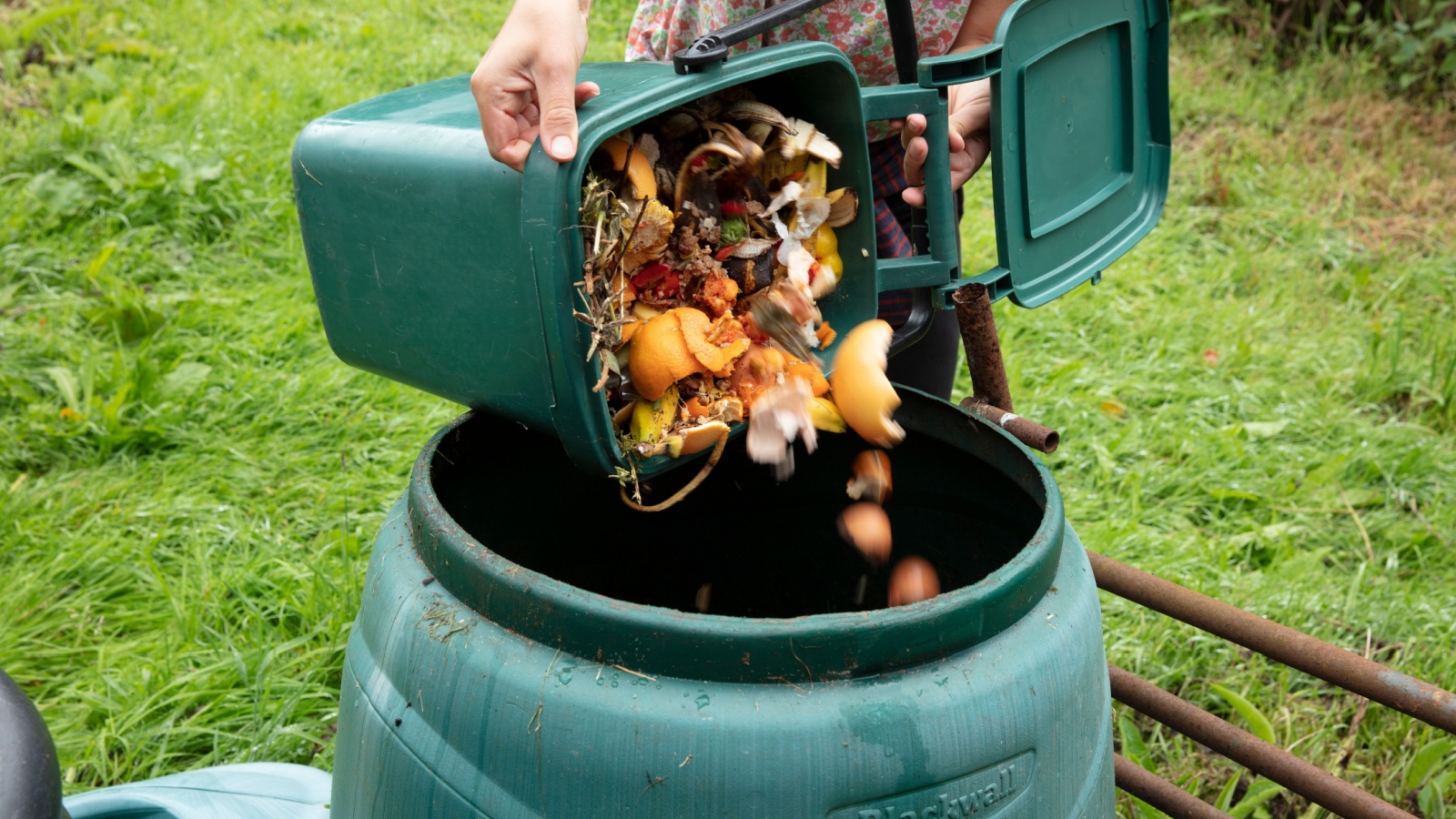
Turning kitchen and garden waste into compost is not only great for reducing trash but also for enriching your soil. Mastering composting techniques will help you maintain a fertile, productive garden.
10. Beekeeping
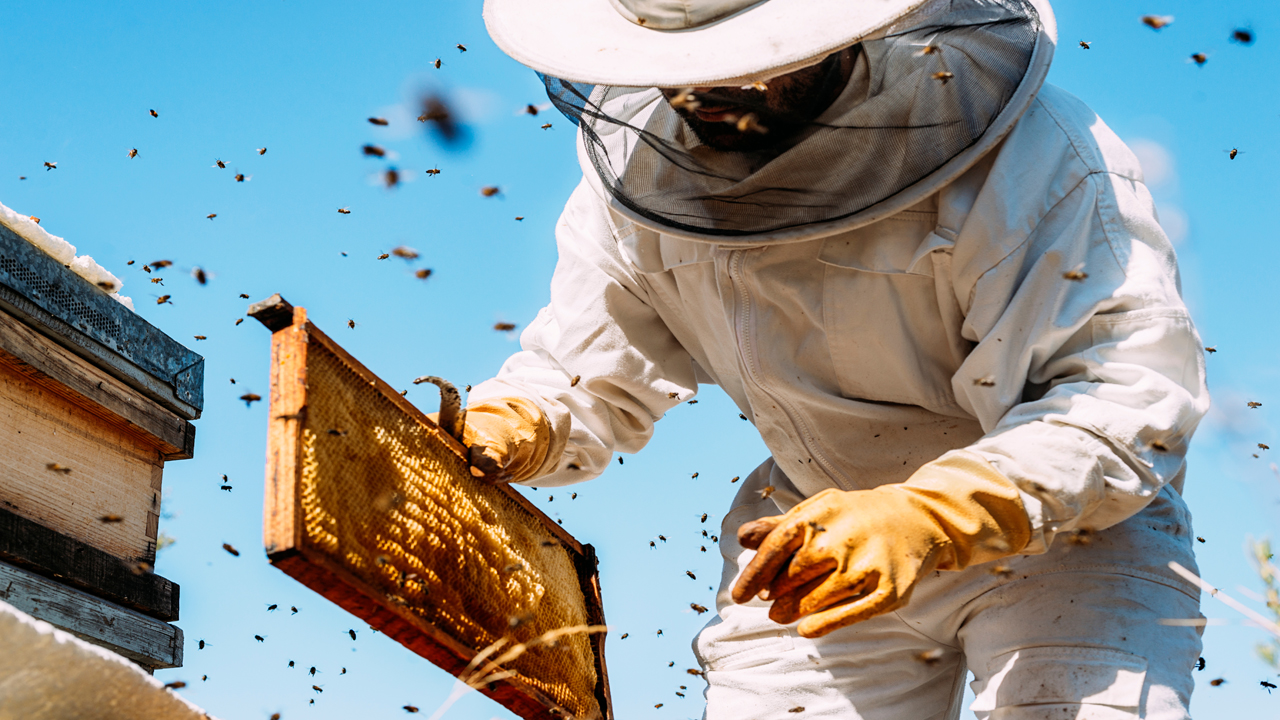
Keeping bees can improve your garden’s pollination and provide you with honey and beeswax. This skill requires specific knowledge about bee behavior and hive management.
11. Fishing and Hunting

For those living near water or in rural areas, fishing and hunting are valuable skills for providing fresh meat. Learning sustainable practices ensures that local wildlife populations are preserved.
12. Foraging
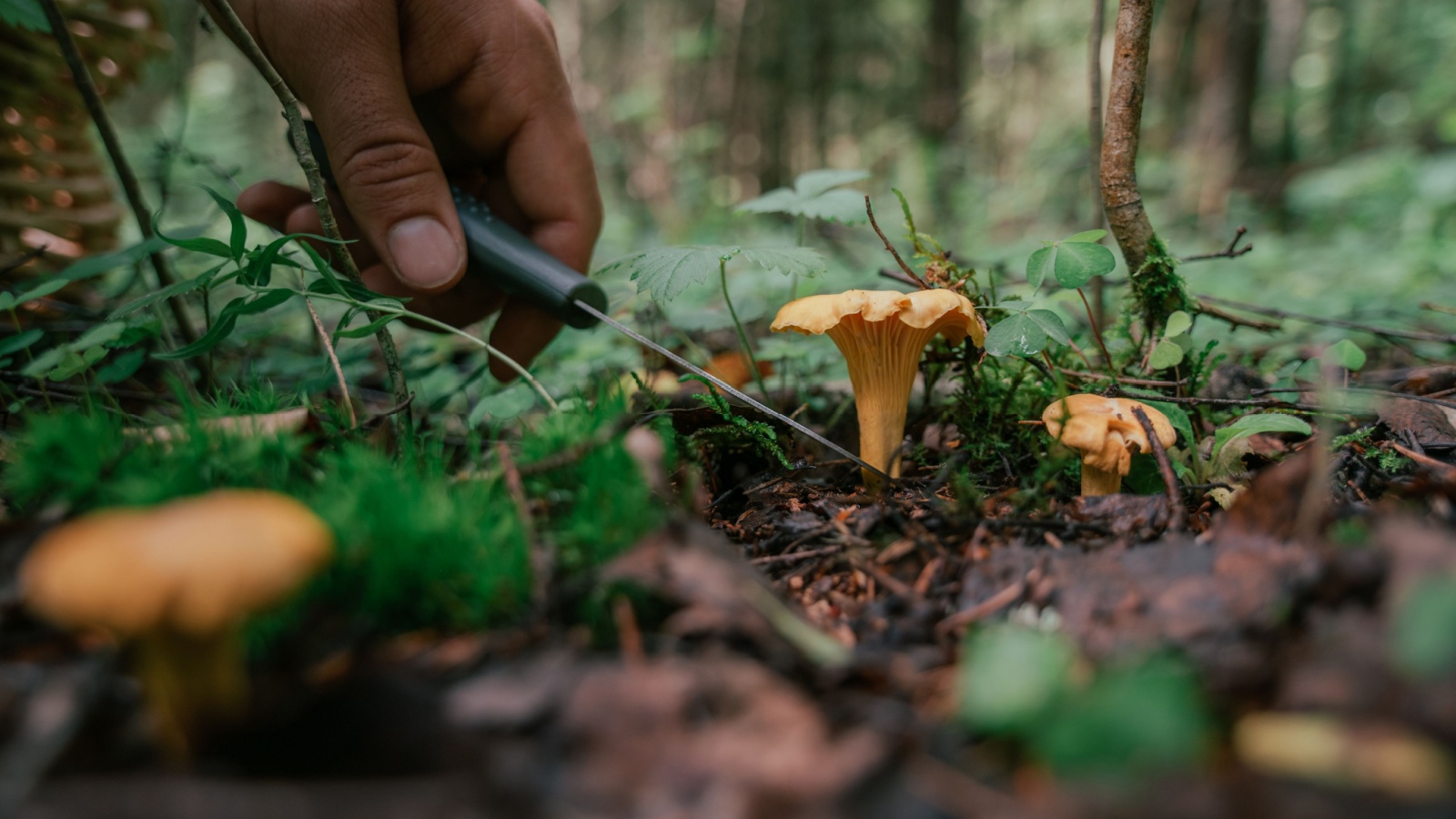
Knowing how to safely identify and harvest wild plants, nuts, and berries can supplement your diet and introduce new flavors to your meals. Foraging is a fun way to connect with your local environment.
13. Fire Making
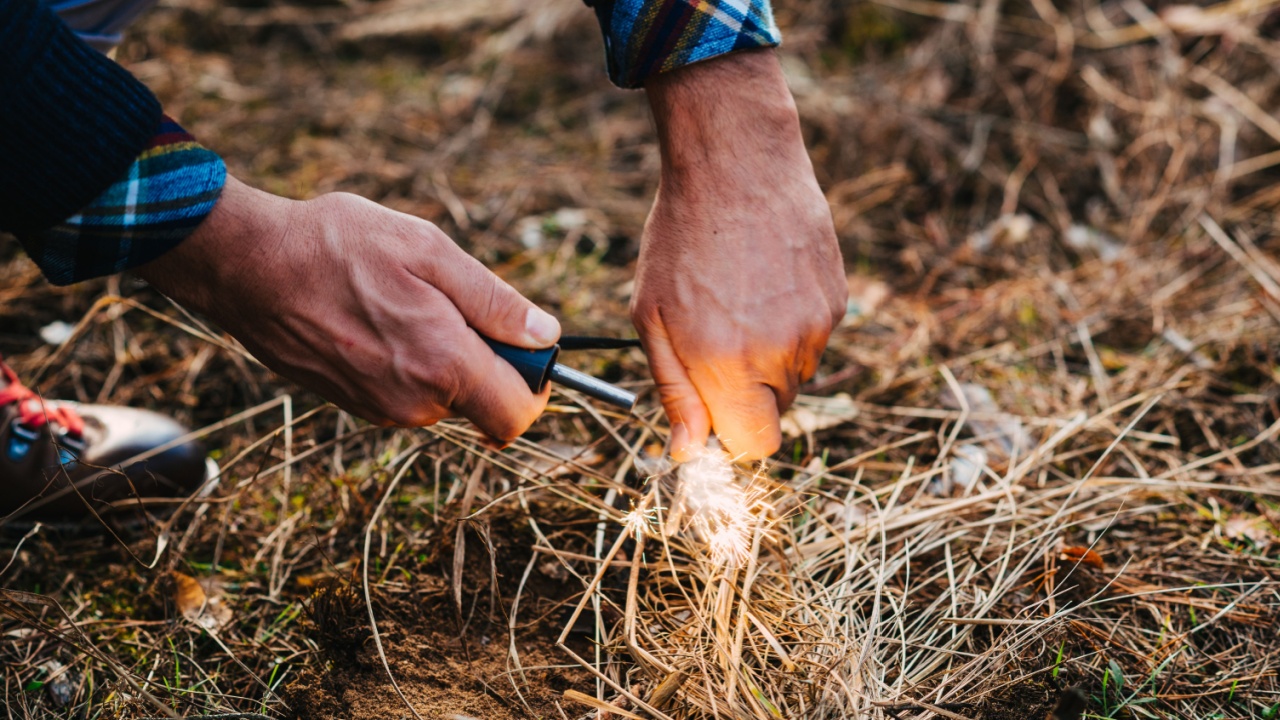
Being able to start and manage a fire is essential for both cooking and heating. It’s a fundamental survival skill that every homesteader should know.
14. Energy Management

Understanding how to use and conserve energy, whether it’s electricity, solar, or wind power, is crucial for reducing costs and increasing your homestead’s sustainability.
15. Weather Prediction

Learning to read the weather can help you better plan your planting and harvesting activities and protect your homestead from potential weather-related damages.
16. Budgeting and Resource Management

Effective management of your financial and physical resources ensures your homestead remains sustainable. Learn to budget your expenses and use your resources wisely.
17. Community Networking

Building relationships with other homesteaders and locals can provide you with support, advice, and trade opportunities. Community ties are invaluable for long-term success and enjoyment in homesteading.
20 Crucial Supplies for Surviving a Societal Collapse

In the face of uncertainty, being well-prepared gives you at least some degree of control and security. The thought of a societal collapse, while extreme, prompts us to consider how we might endure without the conveniences of our current lifestyle. Here’s a list of 20 essential items that could prove indispensable in such a scenario. This guide isn’t about succumbing to fear but embracing preparedness and resilience.
14 Essential Canned Goods for Your Emergency Pantry
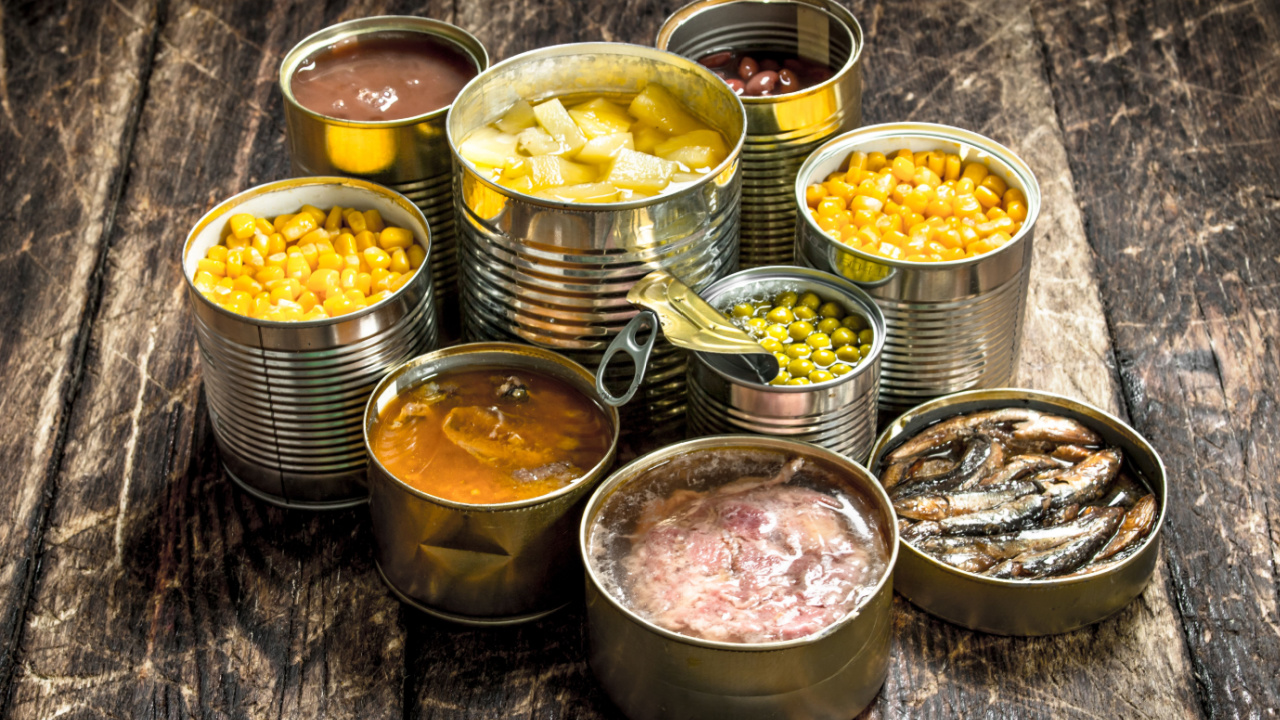
I firmly believe in keeping a well-stocked emergency pantry. While fresh food is ideal, in a survival situation, we may not be that lucky. So, for my family, even though we grow a lot of our own food, canned goods play a crucial role in emergency preparedness. They offer a reliable source of nutrition when access to fresh produce may be limited. The goods you stockpile should be affordable, easy to store, and full of nutrition.
Best Regions in the U.S. to Escape to When Society Collapses

Choosing a refuge in the event of societal collapse involves weighing the pros and cons of each location against your personal preparedness goals and abilities. Whether you’re drawn to the solitude of the desert or the protective heights of the mountains, the key is finding a place that offers safety and the opportunity for growth and renewal.

